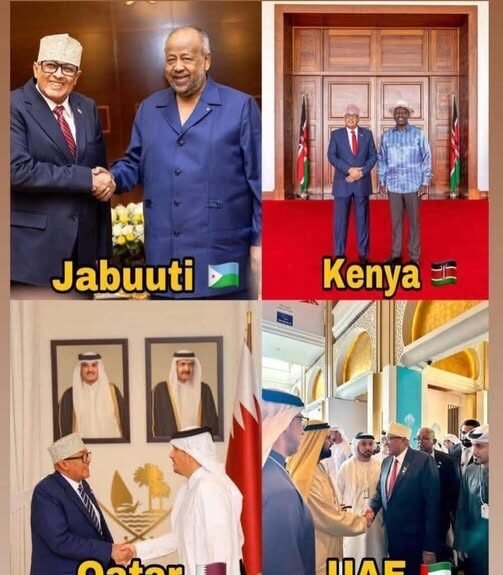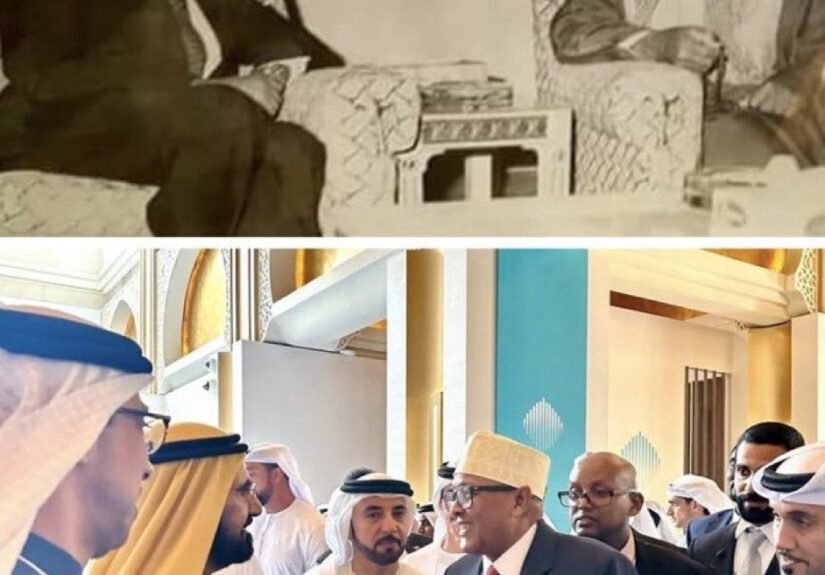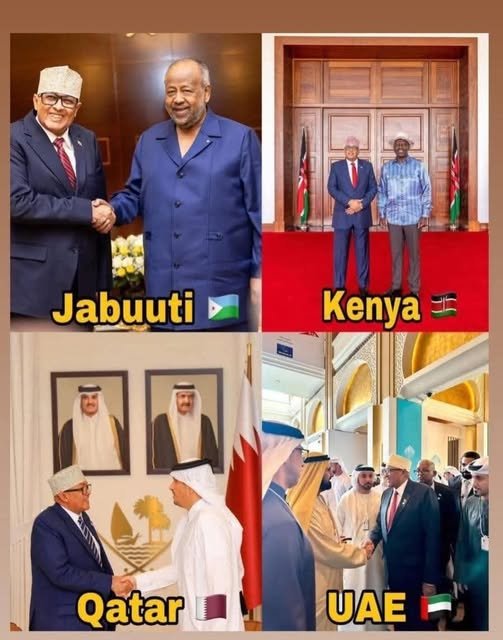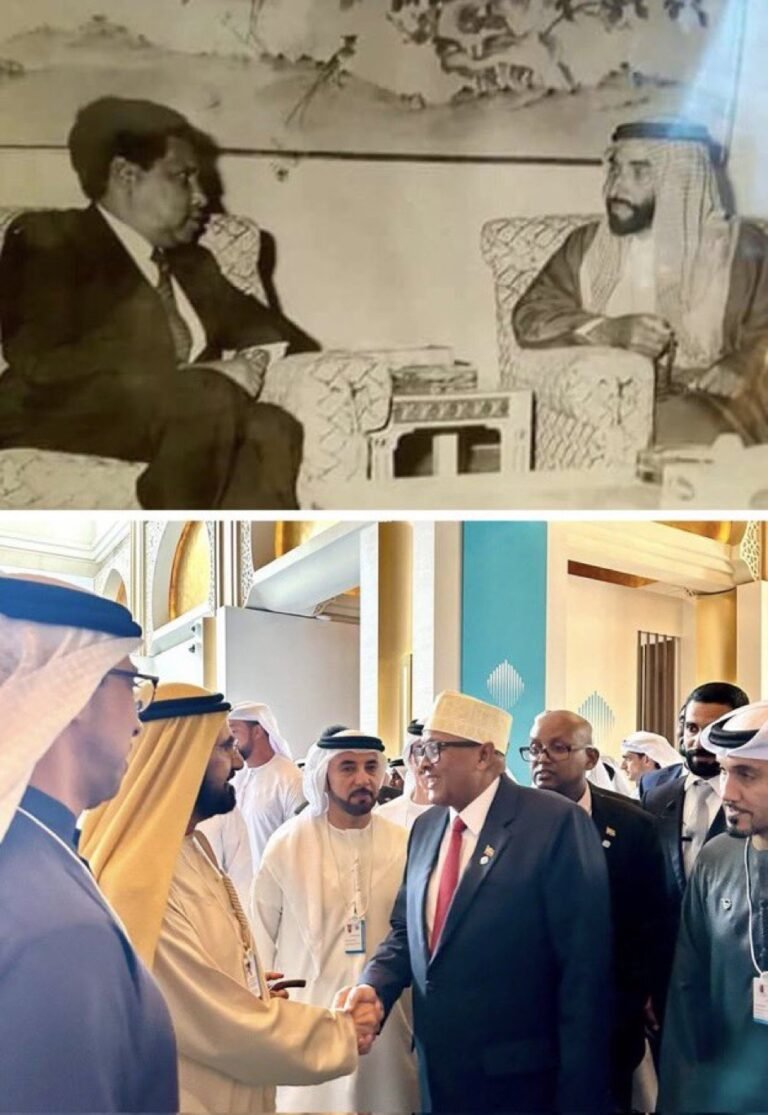By Prof. Nassir Hussein Kahin, Executive Managing Editor

Oxfam’s innovative approach to conflict resolution and sustainable development in El-Afweyn District stands as a commendable example of strategic intervention in Somaliland’s long-standing clan disputes. While much of Somaliland has enjoyed relative stability, El-Afweyn has been plagued by violent clashes over land and water resources since 2015. The persistent failure of successive Somaliland governments to implement effective land demarcation policies has allowed these conflicts to fester, spilling over into broader national stability concerns.
Oxfam’s response—integrating humanitarian aid, development programs, and peacebuilding—has proven to be a groundbreaking model for addressing both immediate crises and long-term structural challenges. By implementing a “triple nexus” approach, Oxfam has tackled the root causes of fragility while also providing essential support for livelihoods and economic resilience. This holistic strategy is particularly crucial in nomadic conflict areas, where traditional conflict mediation methods often reinforce existing power structures, marginalizing vulnerable communities.
The urgency for the newly elected Somaliland government in Hargeisa to step in and build upon these efforts cannot be overstated. While international organizations such as the European Union, the United Nations Food and Agriculture Organization (FAO), and NGOs from Norway, Sweden and others have been supporting Somaliland in finding lasting peace and economic solutions, the government must take a more proactive role in formulating hybrid models that integrate customary and modern governance structures.
A critical challenge in El-Afweyn and similar regions is the lack of structured land and water resource management policies. Without clear government-led initiatives, disputes over access to scarce resources will continue to undermine stability. Oxfam’s work has provided a strong foundation, demonstrating that well-coordinated interventions can ease tensions and foster social cohesion. However, true long-term peace requires institutional backing, with the government collaborating with organizations like Oxfam to scale these efforts into a national strategy.
Mawlid Kalinleh, Oxfam’s Programme Manager, emphasized the importance of blending humanitarian response with development projects, stating, “We ensure our interventions complement each other, integrating emergency relief with long-term solutions such as agriculture and water management. By investing in farming, we provide communities with an alternative to livestock dependence, creating hope for a more sustainable future.”
Beyond development efforts, Oxfam has also promoted inclusive leadership as a crucial factor in peacebuilding. The selection of local officials in El-Afweyn ensures representation from the district’s two major sub-clans, preventing political exclusion from fueling further conflict. Oxfam’s engagement with both sides in all negotiations has increased accountability and trust, setting a precedent for conflict-sensitive governance.
Yet, despite these successes, the government must assume a central role in institutionalizing conflict resolution mechanisms that prevent cyclical violence. This means establishing legal frameworks for land ownership, investing in water conservation projects, and fostering economic opportunities that reduce competition over resources. The involvement of international partners provides a unique opportunity for Somaliland to adopt best practices from global peacebuilding efforts while tailoring them to local realities.
Oxfam’s achievements in El-Afweyn underscore the potential of collaborative, well-structured interventions in breaking the cycle of conflict and underdevelopment. However, lasting peace and economic progress hinge on the government’s ability to bridge existing policy gaps. By working hand in hand with organizations like Oxfam, the Somaliland government can build a future where resource disputes no longer threaten national unity and where marginalized communities are included in the country’s development journey.




